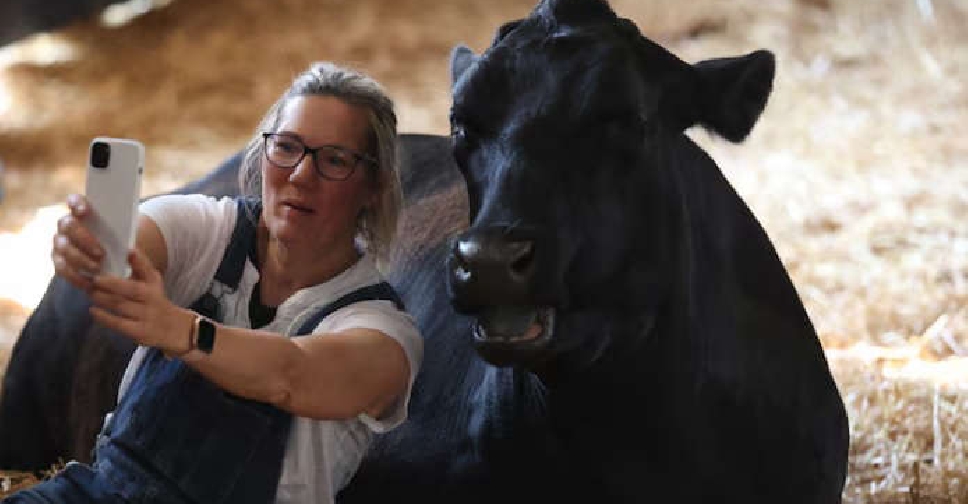
A project in Kenya is using biogas technology to tackle two major pollution problems with one device: a machine that converts waste such as invasive water hyacinth into cleaner cooking fuel.
Biogas International, a Kenyan energy technology company, is partnering with drugmaker AstraZeneca and the Institute for Sustainability Leadership at the University of Cambridge.
The project has so far provided 50 "digesters" to homes in the city of Kisumu in western Kenya -- enabling families to switch from wood or charcoal, both of which are hazardous, according to the World Health Organisation, and time-consuming cooking methods.
"The gas has no smoke, no smell, it is much faster than the jiko," said Tony Otieno while boiling a milky tea for his 70-year-old grandmother Margaret using biogas from the digester.
Some of the families were given a gas stove as part of the project, to replace their jiko - a portable stove that uses charcoal. Many of the digesters were also given out for free, with the rest subsidised by the company.
The machines run on waste such as ground-up water hyacinth, which has carpeted large parts of Lake Victoria, a freshwater lake between Kenya, Uganda and Tanzania.
The weed-like plant harms aquatic life including fish in the lake and helps bacteria and mosquitoes flourish, posing health risks to local communities.
The digesters designed by Biogas International use 2-3 kg of water hyacinth scraped from the lake to power a cooker that can make a meal of maize and beans in around four hours.
"Water hyacinth is a blessing in disguise," said Biogas International CEO Dominic Kahumbu. "The elderly people who should be retiring are choking themselves to death ... they should all have biogas."
But at a cost of $650, the digesters are not affordable for most families in the city, he acknowledged. The World Bank put GDP per capita in Kenya at just over $1,800 in 2020.
Although the technology is scalable, he said, the high cost of producing each digester makes turning a profit unlikely for at least another five years. He said the firm needed new capital investment to produce more digesters.
Two larger versions of the equipment, which are still in the testing phase, would produce clean fuel on an industrial scale for restaurants, poultry farms and fish drying facilities in the area.


 Killer whales use seaweed as tools to groom each other
Killer whales use seaweed as tools to groom each other
 UK farm swaps milk for cow cuddles as floods and food prices take their toll
UK farm swaps milk for cow cuddles as floods and food prices take their toll
 Labubu human-sized figure sells for over $150,000 at Beijing auction
Labubu human-sized figure sells for over $150,000 at Beijing auction
 Study sees lower chances of Milky Way crashing into Andromeda galaxy
Study sees lower chances of Milky Way crashing into Andromeda galaxy
 Two galaxies seen in a 'joust' preceding a cosmic mega-merger
Two galaxies seen in a 'joust' preceding a cosmic mega-merger




